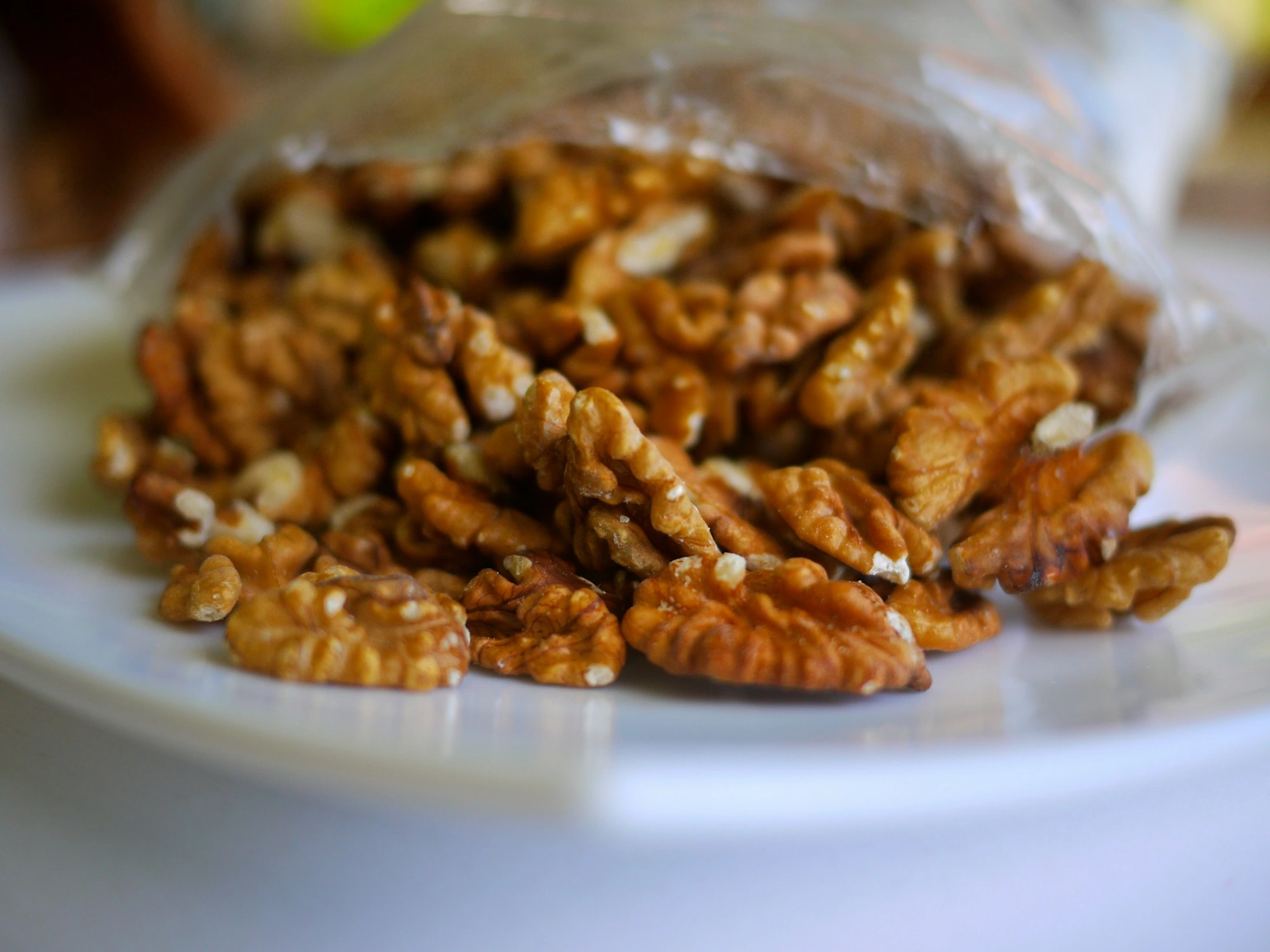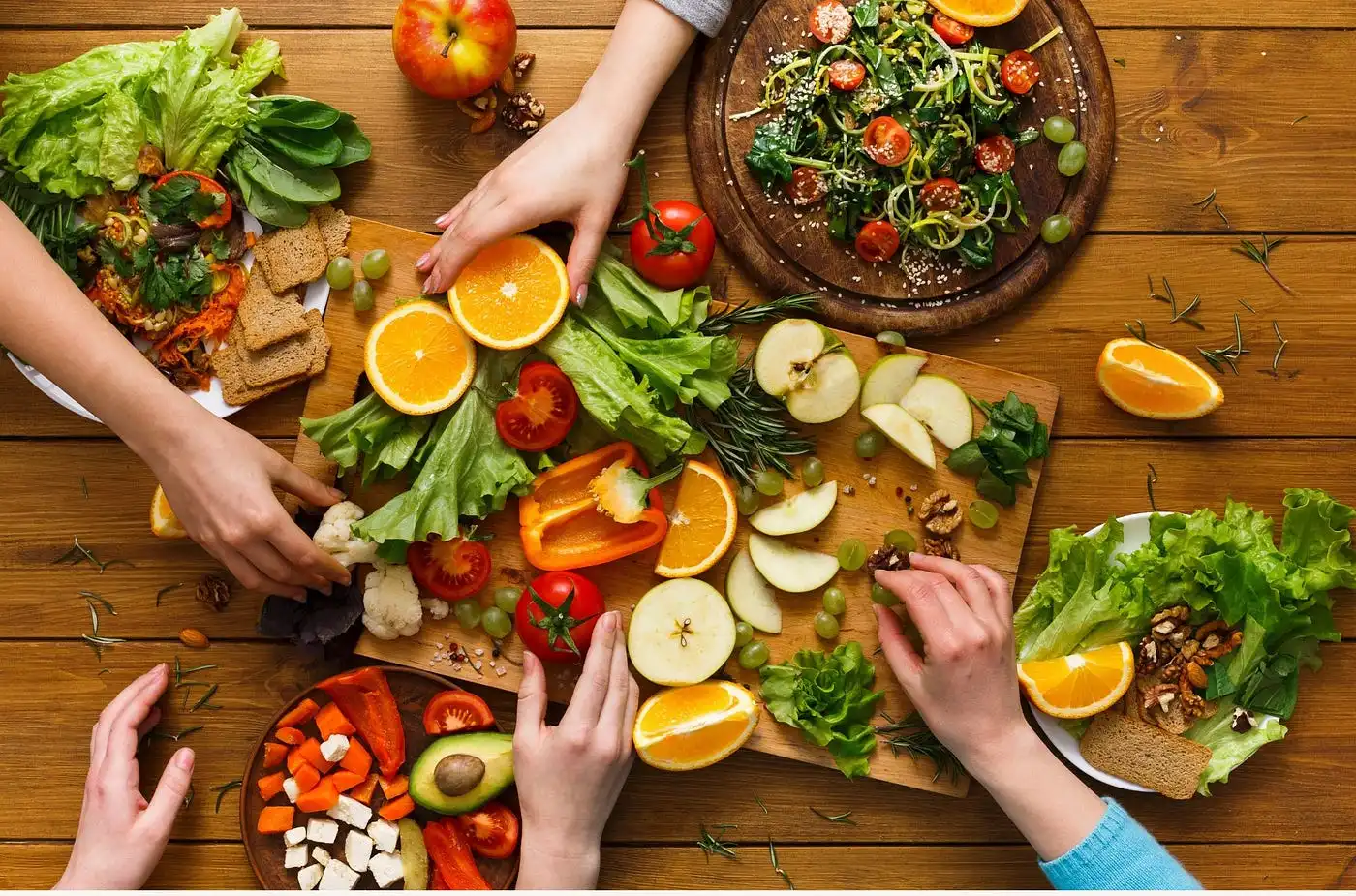There may be leisure opportunities present in traveling where one gets to accomlish the purpose of seeing specific tourist attractions to the extent of immersing oneself in the community culture. And what could be a better medium to vivdly capture the essence of a place than what goes on one’s plate? Eating local food while traveling is not only an effective way to precisely get acquainted with the culture of the given country, but it also allows introducing this culture at least a little into your home, if necessary. These legends are presented by FitMuscleX of this tutorial. to, must focus on the advantages of absorbing local non-hotel food practices during trips and provide tips on experiencing food tourism to the fullest.
They have discovered joy in exploring new culinary experiences and taking interest in cooking with the help of new innovative tools and equipment that are available in the market.
Food hunt experience is also one of the rewarding aspects of a travel; that is, being able to get to taste interesting and distinct foods. Food is a window into the character and spirit of a destination; whether savouring home cooked speciality meals from local establishments located in backstreets or sampling the fast and furious street food hawked in souks. One can then take up local food preparation that will help you to take your culinary discovery to another level through enhancing your knowledge concerning the ingredients present in a certain region, the methods through which people cook their meals, and even the traditions which govern everybody’s diet in the region.
Advantages of learning whilst on the road Most travelers take foods as their main reason to cook while on the road.
- Eating out with people from the given country is an excellent opportunity to cherish cultural values to the maximum and gain considerable insight into the lives of people in the given country.
- Authentic Experiences: If you make friends and bond over food in a foreign country, you’re going to eat authentic flavors and ingredients that might not be easily avaible in your home country, that’s a bonus for sure.
- Skill Development: Exploring various areas is the best technique of enhancing your culinary skill and expanding your horizons as regards your culinary skills which can be quite easily enhanced through a visit to that particular area.
- Better Eating: Basing your meals will provide you with more options on portion control as well as the quality of utensils to use in cooking hence a healthy diet when you are in travel.
- Cost-effective: Eating out at every meal should be avoided since it could be expensive especially in areas that are known to be populated by tourists. Going for a trip also does not have to mean stabbing your pockets and still have to compromise between feeding well and feeding heartily.
Ways in which to adapt towards learning the local cuisine
- Attend a Cooking Class: To learn how to do the recipes in a more traditional way, therefore attend a cooking class conducted by chefs or home cooks in your area. In order to make the students get a real feel of cooking; such academic programs organize shopping trips to local markets to enable the students to buy their raw materials.
- Seek Out Food Experiences: Try to find opportunities to attend cooking classes, visit markets and food tours that offer real-life learning opportunities with actual practice. These factors make such tours informative in the sense that one is able to get to learn and appreciate the culinary practices of the region.
- Try different Flavors and Ingredients in Your Cooking: Go to farmers’ markets and buy local products and read recipes online to practice testing out different foods. Naturally, people are happy to share their insights and tips to wondering, curious guests, especially if those are vendors or workers on the food industry.
- Record Your Delicious Adventures: To maintain a record of the delicious recipes that you love and the sumptuous meals you savored during food trail, begin writing your own food blog or maintain a travel diary. Not only will it help you recall nights and days that you have spent, and might offer you valuable assistance in further cooking plans.
- Keep an Open Mind: Seize the opportunity to extend the circle and try out foods that you are not familiar with as well as adopting different preparations to cook those foods. Exploring new territories can be much more enjoyable and fruitful for ones self image if one willingly opens up to learn from the inhabitants of the places you are touring.
A Guide to Bringing Culinary Experiences to Your Own Kitchen
Again, aside from the fact that the food cooked in whatever place you are in is always great for meals during your travel, it means that you would be able to take a portion of your experiences with you whenever you return home. When you have tried some meals and established several recipes, attempt to recreate them in your kitchen to be able to recreate the experience of a past trip to restaurants. Use this new-found skill set to invite your dear and near ones for a world tour with new cuisines coming straight into your house.
In summary
Some definitive lessons learned through traveling is to learn the way prepare local foods is not only satisfying and an enlightening process of creating a better bond with a location. Each and every culinary expedition gives out the taste of the country’s culture and more whether one is mastering pasta making in Italy or having a taste of a cooking demonstration in Thailand or being able to master the how-tos on making classic curries in India. So why not take a mischievous bite out of the road and savor an independent culinary journey while cooking? It will be good for your health and your trips’ memories too will be sweet.
Also, Read: Nutrition Requirements for Building Muscle






2 thoughts on “Discover How to Cook Regional Foods While Traveling”